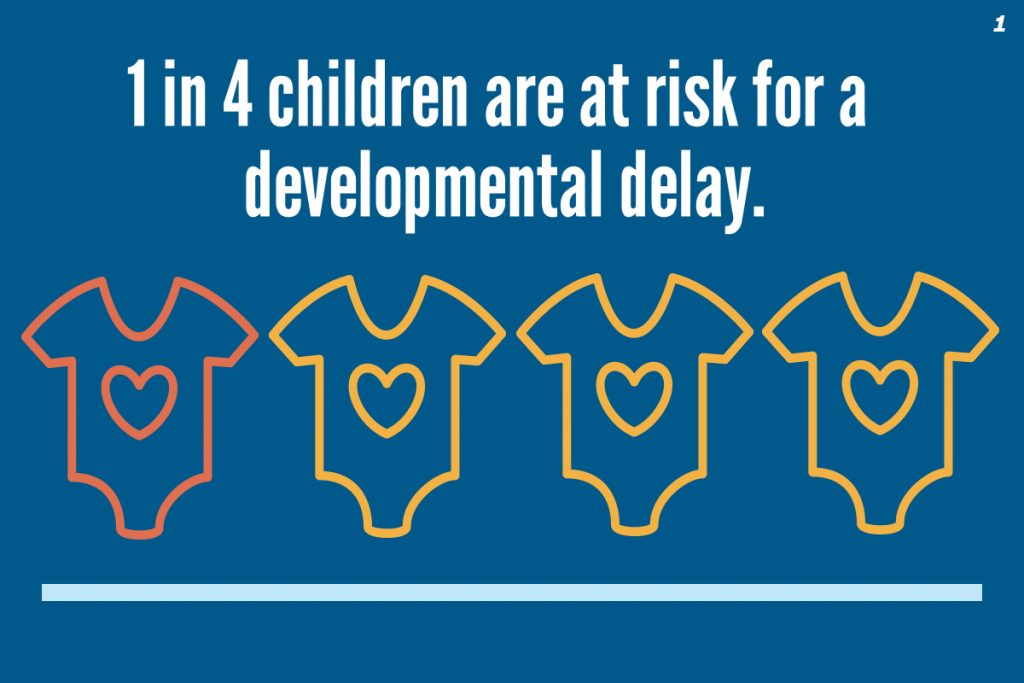Can a Student’s Misbehavior Simply Be Frustration?
When a child has behavioral or developmental issues, parents and teachers are often the first to notice. The child might not notice what is wrong; he or she might simply have feelings of frustration or embarrassment. And many kids have trouble expressing those emotions.
This is especially true when those emotions are tied to developmental delays. Those feelings can manifest, however, in their actions and behavior—often, behavior that is disruptive. The results of these behaviors can affect the child’s ability to learn, as well as the entire classroom.

Stubborn and Disruptive? There Might Be an Underlying Problem
When a student appears frustrated because he or she cannot do simple tasks, or chooses to avoid those tasks whenever possible, there might be an underlying developmental delay that they are trying to hide. Here are some examples (with names changed, naturally):
- A boy named Kyle always acted up when it was story time, trying to disrupt or delay what most students found to be a fun activity. It turned out that he had an auditory processing disorder and could not follow stories read aloud. So he became bored and frustrated with story time.
- A girl name Hannah would zoom through her written school work. Her handwriting was so bad that her teacher could barely read it. For months, the teacher chalked it up to rushing. But as it turned out, Hannah had some fine motor control problems, especially when it came to working within lines. Hannah would get frustrated with her own writing and so try to rush through her work just to get it done and move on to something she could do more competently.
- A boy named Jamar wasn’t making friends as quickly as his peers. He did schoolwork well and played outside like any boy his age. His previous teacher had described him as “a sweet boy,” though increasingly quiet. It turned out that Jamar was manifesting some speech problems, and other boys in his class were making fun of him for it.
In each of these cases, the outward behavior was just a symptom of a developmental delay. The kids were simply finding ways to cope with those delays, in the only ways they knew how.
If You Notice Students Like These, Start Requesting Screening
If you have younger students or children of your own that start showing signs of trouble in school, it might be worth seeing if they have an underlying developmental delay. Having the child screened by a professional can be an important first step in resolving these underlying issues.
If you are unsure about what kinds of behaviors merit a screening or not, contact us. We would be delighted to help you figure out when to request a screening, and how best to leverage the resources available to you.




